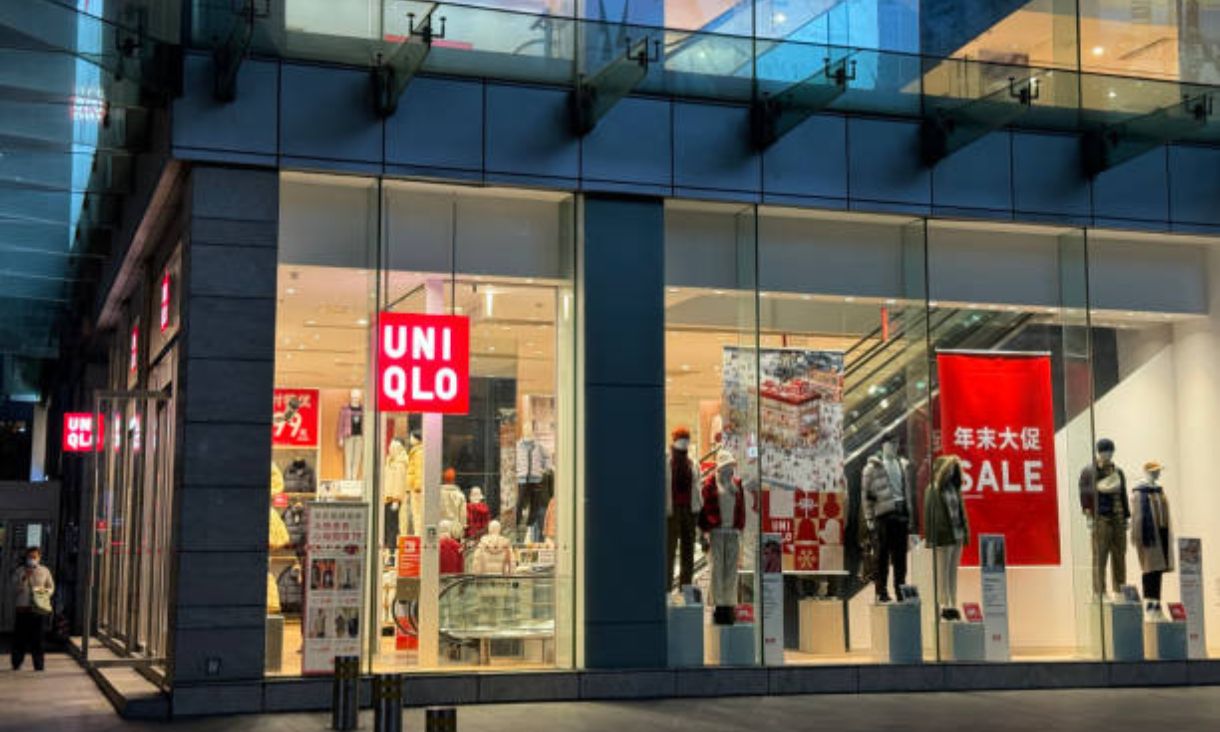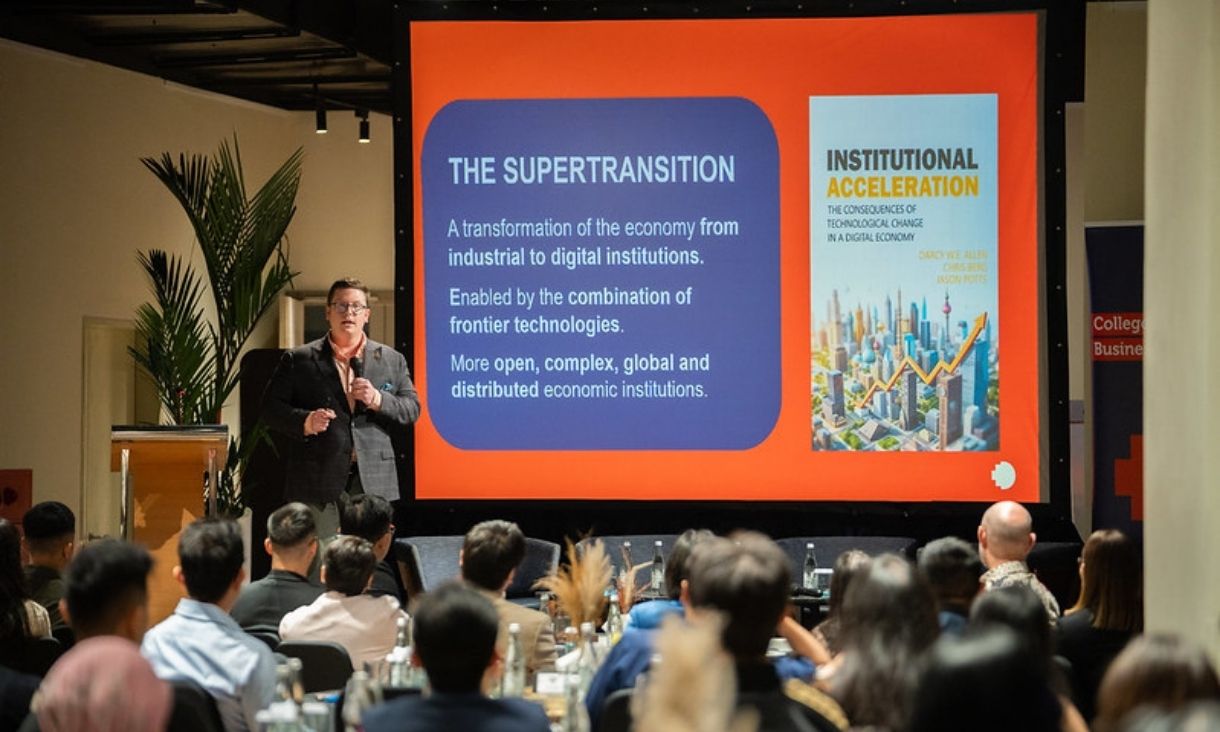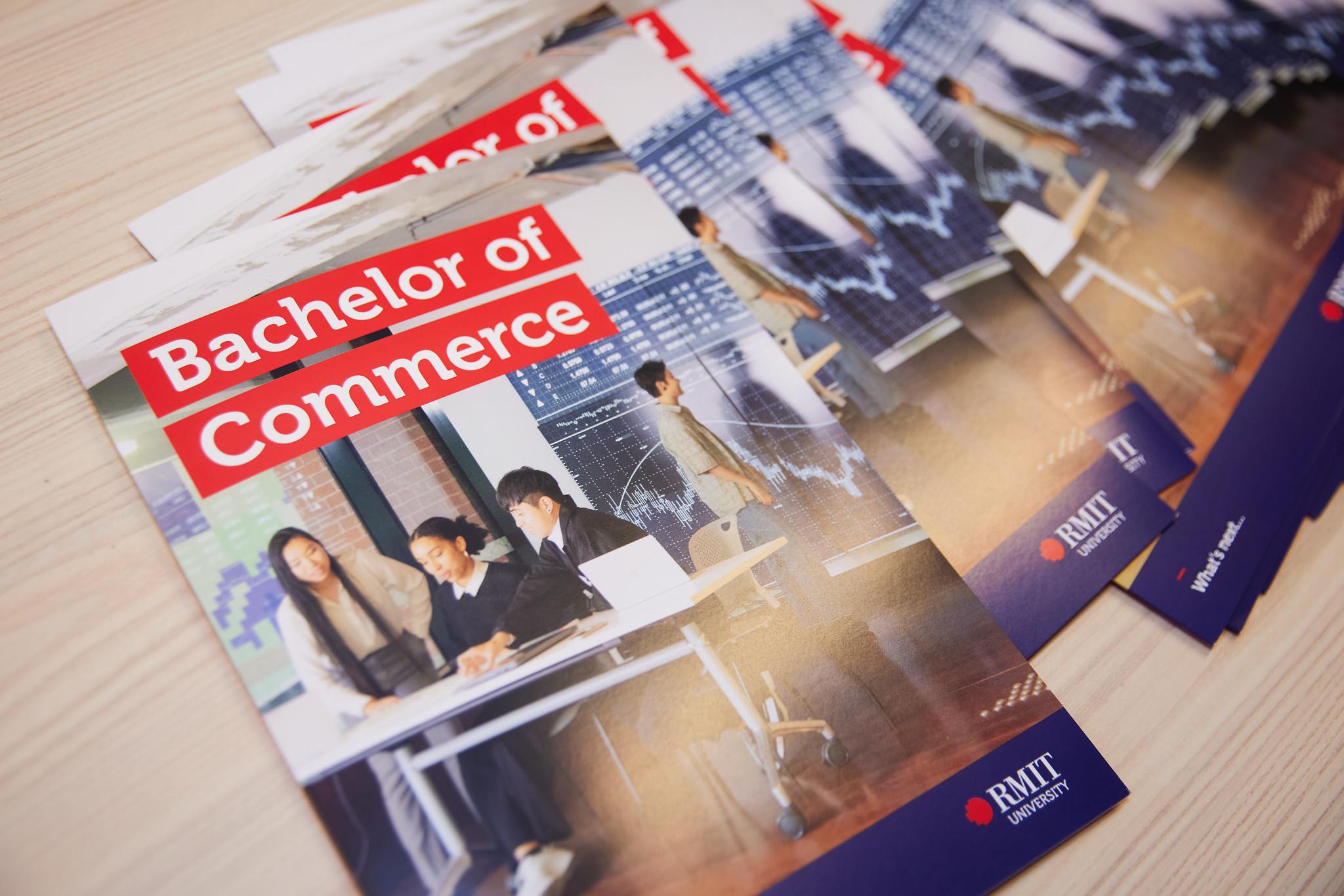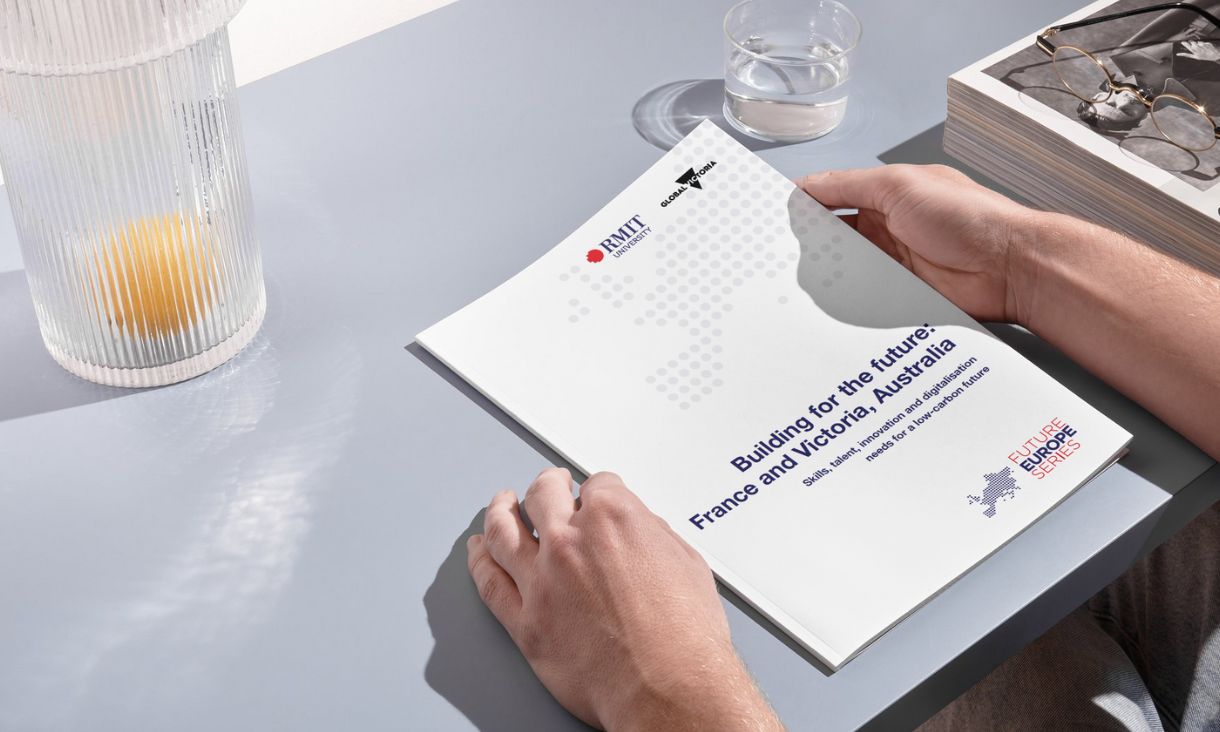Matt O'Kane, Publican at Coopers Inn in Melbourne's CBD said the hospitality and accommodation industry has been one of the hardest hit sectors during COVID-19.
"As a family owned and run pub with accommodation in the city, the pandemic has had a devastating on our business, but there is light at the end of the tunnel," he said.
Melbourne Lord Mayor Sally Capp said the program was part of a $10 million Inner-City Business Support Fund in partnership with the Victorian Government.
“The City of Melbourne’s top priority is to support local businesses and get our economy thriving again,” the Lord Mayor said.
“We are partnering with a number of expert providers to offer one-on-one advice from industry professionals, mentoring and skills-building programs and online learning resources.
“The Roadmap to Recovery program is a great way for local business owners to build their skills to get through these incredibly challenging times.”
Thomas Jajesnica, owner of Mr Meditate in Docklands, said he’s looking forward to getting back to business.
“Within 10 days of Covid-19 restrictions, my business ground to a complete halt and all bookings were postponed without any certainty of future dates,” he said.
“The goal is to pivot according to market needs. A clear direction in my industry is for online and hybrid learning.
"It allows for cost efficiency and allows remote workers access and engagement.
“I’m excited about professional assistance in conceptualising and executing on new ‘go to market’ strategies.”
Monica Chong, Lawyer Neville and Co Commercial Lawyers said law firms in metropolitan Melbourne were forced to close their practices for onsite work as stage four restrictions are imposed.
“With the stage four lockdown, most of the employees were stood down because the majority of junior staff need supervision and we could not do it remotely,” she said.
“When businesses were forced to close, property inspections and hiring stopped, and there wasn’t much money going around for people to spend on legal fees.
"Tenants were unable to afford rent and even after waiving and deferring arrangements were implemented, tenants are still struggling to pay any bills and other liabilities incurred.
"This is just an example of what happened with commercial leasing.
“We now want to continue to deliver outstanding quality at a reasonable cost; while maintaining ongoing long-term relationships with clients.
“I want to develop skills to help the business to expand, explore international audiences, build valuable services to targeted audience and develop new business models for sustainable growth.”
Story: Kate Milkins and Loretta Clancy






